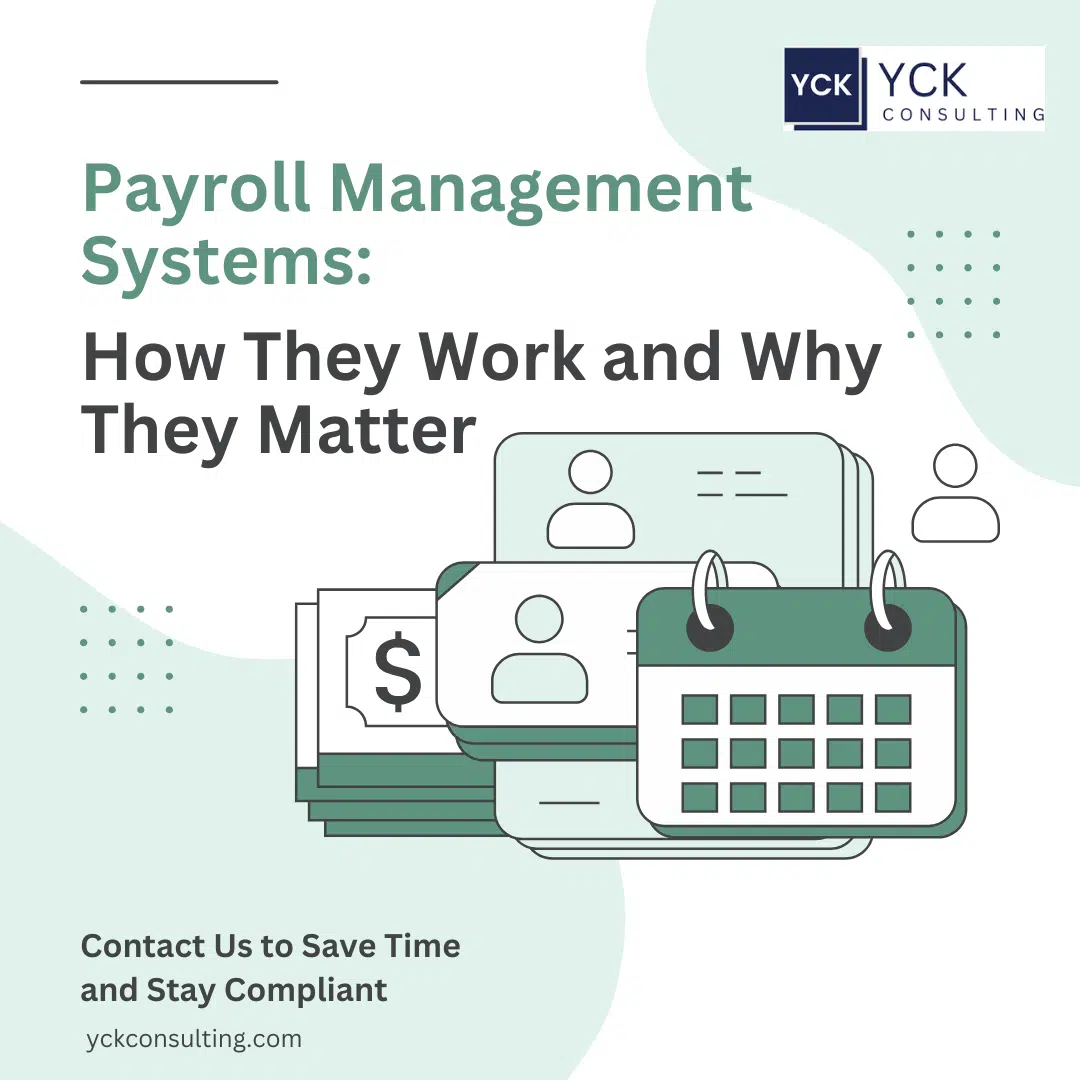Payroll Management Systems: How They Work and Why They Matter
Effective payroll management is essential to operating a business in Malaysia. Payroll processing can be complicated and time-consuming, involving everything from salary calculations to making sure legal obligations are met. A payroll management system can help with this by providing business owners with automation, accuracy, and efficiency.
If you’ve ever wondered how a payroll management system works, this guide will explain its features, advantages and how investing in one can significantly impact your company.
How Payroll Management System Works: A Complete Guide
How payroll management system works is a common question for businesses looking to streamline salary processing. A payroll system automates salary calculations, statutory deductions, and compliance tasks, reducing manual errors and saving time. Whether you’re a small business or a growing company, implementing an efficient payroll system ensures smooth operations and legal compliance. In this guide, we’ll break down how payroll management systems work, their key features, and why they’re essential for businesses in Malaysia.
How a Payroll Management System Works for Businesses
The payroll process involves several steps, from gathering employee data to issuing payments. Here’s how a payroll management system simplifies the entire workflow:
1.How Employee Data Is Collected by Payroll Management Systems
Important information is gathered by the system, including:
- Employee name, NRIC, and bank information
- Employment status (contract, full-time, or part-time)
- Basic pay, benefits, and overtime rates
- Details of taxes and EPF/SOCSO
2. How Payroll Management System Works for Salary Calculation
The system computes:
- Gross salary based on working days or hours
- Deductions such EPF, SOCSO, EIS, and PCB tax
- Net salary (amount paid to employees after deductions) after the required data is in place.
3. How Payroll Management System Works for Payslip Generation
Salary statements are generated automatically by a payroll system and are available for download by employees. Additionally, it creates payroll records for HR departments and business owners, which facilitates financial tracking.
4. How Payroll Management System Works for Salary Disbursement
Businesses can make payments directly through internet banking thanks to the integration of numerous payroll systems with banks. By removing the inconvenience of manual transfers, employees receive their salaries on schedule.
5. How Payroll Management System Works for Tax Compliance
Payroll systems guarantee adherence to Malaysian laws, which include:
- Payroll records submitted for audits
- Monthly tax (PCB) computations
- EPF, SOCSO, and EIS payments
Companies may steer clear of legal problems and heavy fines with integrated compliance assessments.
Why Your Business Needs a Payroll Management System
1. Payroll Management System Saves Time and Reduces Mistakes
Payroll processing by hand can take hours, particularly for businesses with a large workforce. Everything is automated by a payroll system, which reduces human error and the amount of time spent on paperwork and calculations.
2. Payroll Management System Ensures Compliance with Malaysian Laws
Penalties and audits may follow noncompliance with employment legislation. Payroll systems assist companies in adhering to LHDN, SOCSO, EIS, and EPF tax laws.
3. Payroll Management System Improves Employee Satisfaction
Workers depend on timely and accurate salary payments. Payroll software ensures that salaries are paid on time, which increases employee satisfaction and trust.
4. Payroll Management System Secures Payroll Records
Businesses may avoid record loss and streamline tax filing by using cloud-based payroll software, which allows them to safely store and retrieve payroll data at any time.
How to Choose the Right Payroll Management System for Your Business
Selecting a payroll system that meets your company’s needs is crucial because not all of them are created equal. Here are some essential characteristics to search for:
- Automated salary and tax computations: Minimize errors and saves time;
- Bank integration: permits direct salary payments to workers.multi-user access: facilitates communication between the finance and HR departments
- Statutory compliance: guarantees correct EPF, SOCSO, and tax deductions
- Employee self-service portal: permits workers to view their pay slips at any time.
PayrollPanda, Talenox, and Kakitangan are a few of the well-known payroll management systems in Malaysia; they are all made to make payroll easier for companies of all kinds.
Need Help Managing Payroll? Contact YCK Consulting!
Having trouble with tax compliance, payroll computations, or salary disbursements? Let YCK Consulting take care of it!
We provide effective and reasonably priced payroll administration services that are customized to meet your company’s requirements. Regardless of the size of your business, our knowledgeable staff guarantees hassle-free salary payments, regulatory compliance, and precise payroll processing.
Get a free consultation from YCK Consulting right now to eliminate payroll worry!

